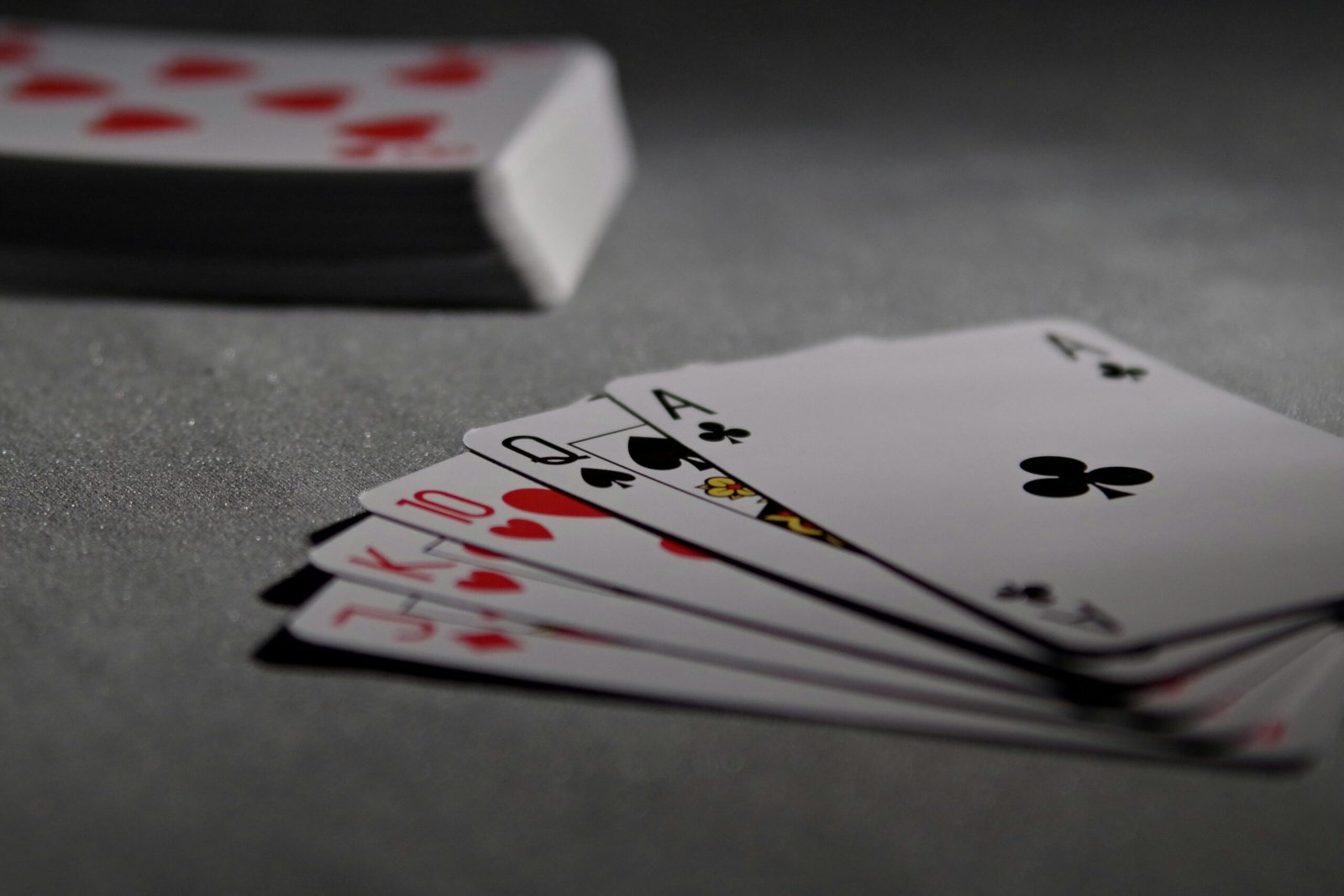Introduction
Poker, a captivating blend of skill, strategy, and luck, has transcended its card game origins to become a global phenomenon, embodying both competitive sport and psychological warfare. This article delves into the nuances of poker, exploring the strategies that define expert play, the psychological dynamics at the table, and the continuous journey of learning and adaptation that the game demands.
The Essence of Poker
At its core, poker is a game of incomplete information where players bet on the strength of their cards, or the perceived strength they project to their opponents. The most popular variant, Texas Hold’em, is a staple in world poker tournaments. Success in poker doesn’t just rely on the cards you’re dealt but how you play them, incorporating bluffing, strategic betting, and reading your opponents.
Strategic Depth
Poker strategy is multifaceted and evolves with the game’s progression. Key strategic elements include:
- Starting Hand Selection: Knowing which hands to play and which to fold is fundamental, as playing too many hands can be a detriment.
- Positional Awareness: Your position at the table relative to the dealer significantly influences your strategic options, with later positions offering more information and thus a strategic advantage.
- Pot Odds and Expected Value: Understanding the relationship between the size of the pot and the size of a bet is crucial for making informed decisions, as is calculating the expected value of your actions.
- Bluffing and Semi-Bluffing: Deceiving opponents about the strength of your hand is an art that can lead to significant advantages, especially when done strategically in conjunction with strong betting patterns.
Psychological Play
Poker is as much a psychological game as it is a strategic one. Players must:
- Read Opponents: Interpreting tells (involuntary reactions that may give away the strength of a player’s hand) and betting patterns can provide critical insights into opponents’ strategies.
- Manage Emotions: Emotional stability, often referred to as maintaining a “poker face,” is essential to prevent giving away information and to stay focused on the game strategy.
- Psychological Warfare: Implementing strategies to unsettle opponents, like strategic aggression or varying play style, can induce errors in their gameplay.
Continuous Learning
The landscape of poker is ever-evolving, with new players, strategies, and technologies continually emerging. Staying ahead in the game means:
- Studying Gameplay: Reviewing hand histories, discussing strategies with other players, and staying updated with poker literature can provide fresh insights and improve skills.
- Adapting to Opponents: Being flexible and able to adjust your strategy to counteract the playing styles of your opponents is crucial for long-term success.
- Practicing Regularly: Like any skill, poker requires regular practice to refine strategies, build intuition, and maintain a sharp, analytical mind.
Conclusion
Poker encapsulates the thrill of chance, the rigor of strategy, and the challenge of human psychology, making it not just a game, but a cerebral sport. Whether you’re a seasoned player or new to the felt, the journey of mastering poker is an ongoing adventure of skill development, mental fortitude, and strategic adaptability. Embrace the complexity, engage with the community, and enjoy the endless pursuit of poker excellence.
